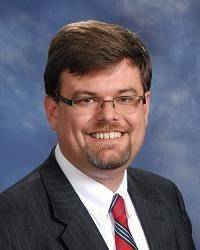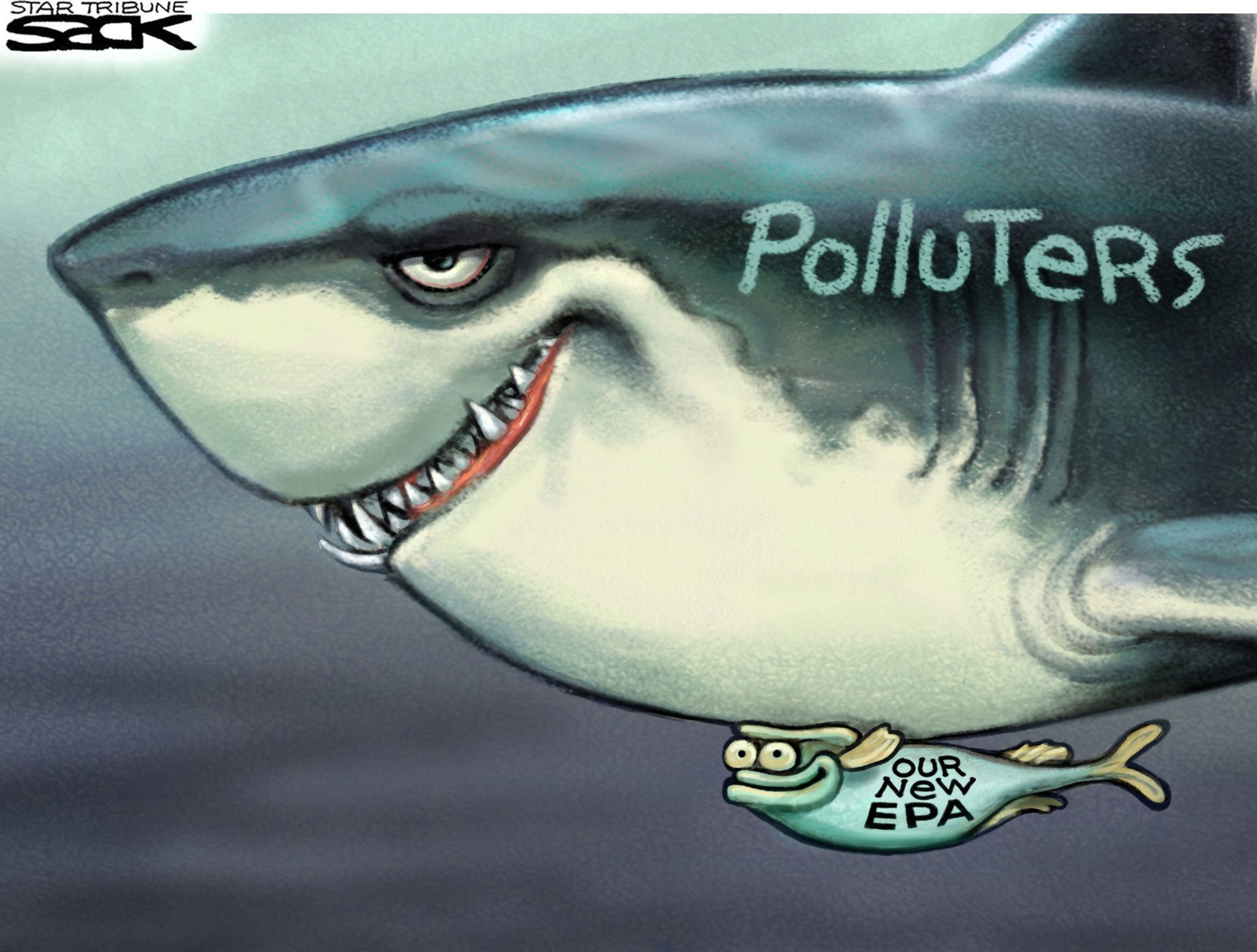BY MARK Y.A. DAVIES
 People make mistakes. Institutions make mistakes. Government makes mistakes. Mistakes can be forgiven, especially when there is admission of the mistake, a sincere regret for the mistake, and desire and commitment to correct the mistake and make sure it does not happen again. As fallible human beings, mistakes are an unavoidable part of our existence, but we learn from them, and we try to do better. We can forgive honest mistakes.
People make mistakes. Institutions make mistakes. Government makes mistakes. Mistakes can be forgiven, especially when there is admission of the mistake, a sincere regret for the mistake, and desire and commitment to correct the mistake and make sure it does not happen again. As fallible human beings, mistakes are an unavoidable part of our existence, but we learn from them, and we try to do better. We can forgive honest mistakes.
As we experience the aftermath of Hurricane Harvey, it is not possible to respond to such a disaster without making mistakes. There is too much chaos, too much water, too much complexity, too many unknowns for everyone to get everything right in the rescue and recovery efforts. We rightly accept this as long as there are no signs of gross negligence or unwillingness to make corrections. We pull together, we do our best, we care for each other, and we try to make things better as well as we possibly can. We can forgive honest mistakes.
The recovery from Hurricane Harvey is complicated by the fact that the Houston area is the most significant fossil fuel and petrochemical hub in the nation. Not only does this lead to rising fuel prices, and in some areas problems getting access to fuel as many refineries are closed, it also makes clean up and recovery efforts far more difficult and dangerous owing to the toxicity of the flood waters. In addition to the toxicity of the water, at the time of this writing a chemical plant is on fire owing to a power failure and lack of refrigeration for its volatile chemicals. Officials associated with the chemical facility have not yet been able to clarify how toxic the smoke from this fire may be. We also know that numerous toxic superfund sites in the area have been flooded, and we do not yet know fully the effects on the environment or public safety.
Such a situation requires significant cooperation not only in the rescue and recovery efforts, but also in the monitoring of the toxicity of the environment – water, land, and air, and the potential health effects of this toxicity. It is for such a situation as this that we have the Environmental Protection Agency to do the independent and objective work of monitoring the environmental impact and communicating their findings clearly and effectively to the public for its health and safety.
It is precisely for a time like this, when a natural disaster is wreaking havoc on one of the largest petrochemical infrastructure sites in the nation, that we need a committed and trustworthy director of the Environmental Protection Agency to assess and address the detrimental ecological and health effects of this disaster.
Sadly, and hopefully not tragically, we have Scott Pruitt as the administrator of the EPA, a person who has proven time and time again in his tenure as Oklahoma Attorney General and in his short tenure with the EPA that he will do anything the fossil fuel and chemical companies want him to do. In the past Pruitt has very literally taken his cues from industry interests, and in some cases he uses the exact language they want him to use to argue their case for them. He has filed lawsuits against the federal government and against the EPA on behalf of their interests. He has worked very hard for them, and that is what has landed him the position he has today, not his concern for environmental protection.
I hope that Administrator Pruitt will do the right thing in relation to the EPA’s response to the environmental effects of Hurricane Harvey, but if past behavior is a prediction of his present and future behavior, I am afraid that what Mr. Pruitt says and does – especially in relation to the fossil fuel and petrochemical industry aspects of this disaster – will need to be monitored very closely. The problem is that the very agency that needs to be monitoring his words and actions is the agency he directs.
If Mr. Pruitt makes honest mistakes in relation to this disaster, I imagine that the people will be able to forgive him, but if he continues the willfully dishonest actions of his past as he responds to this complex disaster, he will not deserve the forgiveness of the American people, especially those who are most vulnerable to the toxic environmental effects of what is now officially the largest rainfall event in United States history.
Honest mistakes can be forgiven, but dishonest and malevolent actions should neither be forgiven nor forgotten.
– Mark Y.A. Davies is the Wimberly Professor of Social and Ecological Ethics and director of the World House Institute for Social and Ecological Responsibility at Oklahoma City University. Click here for more of his essays.








